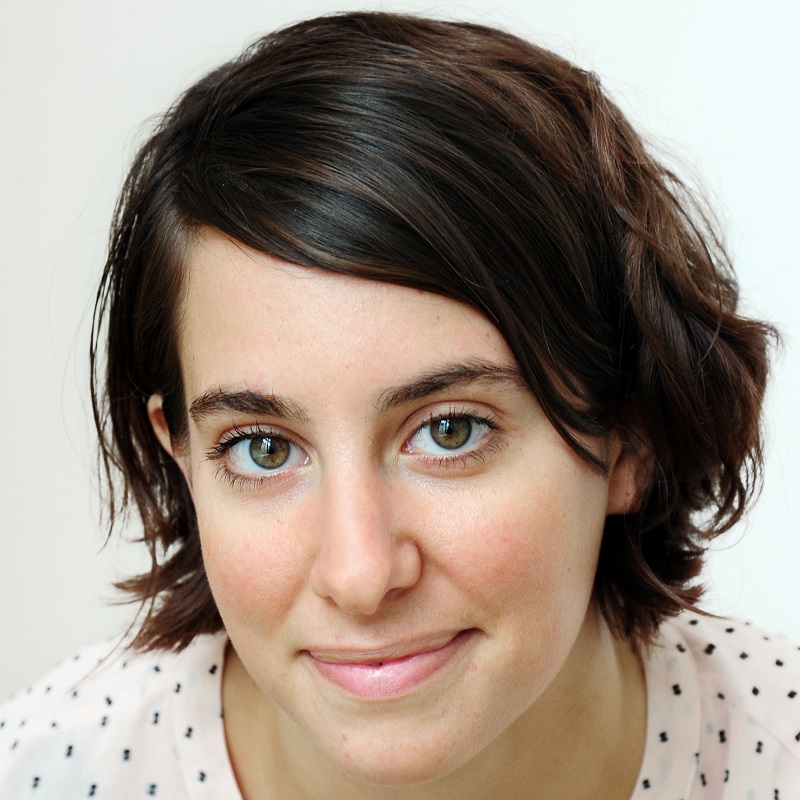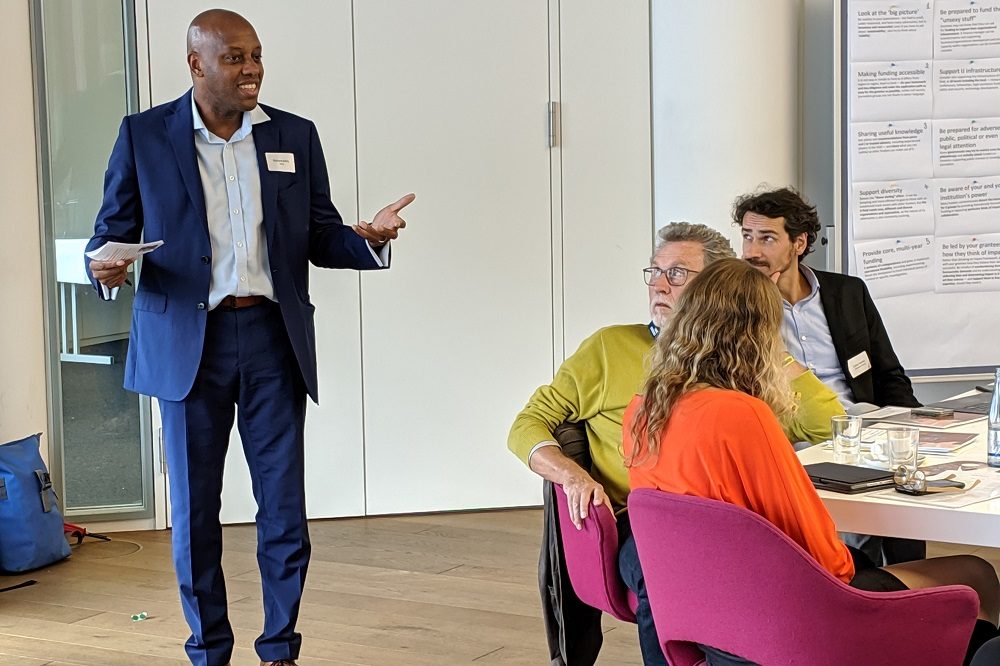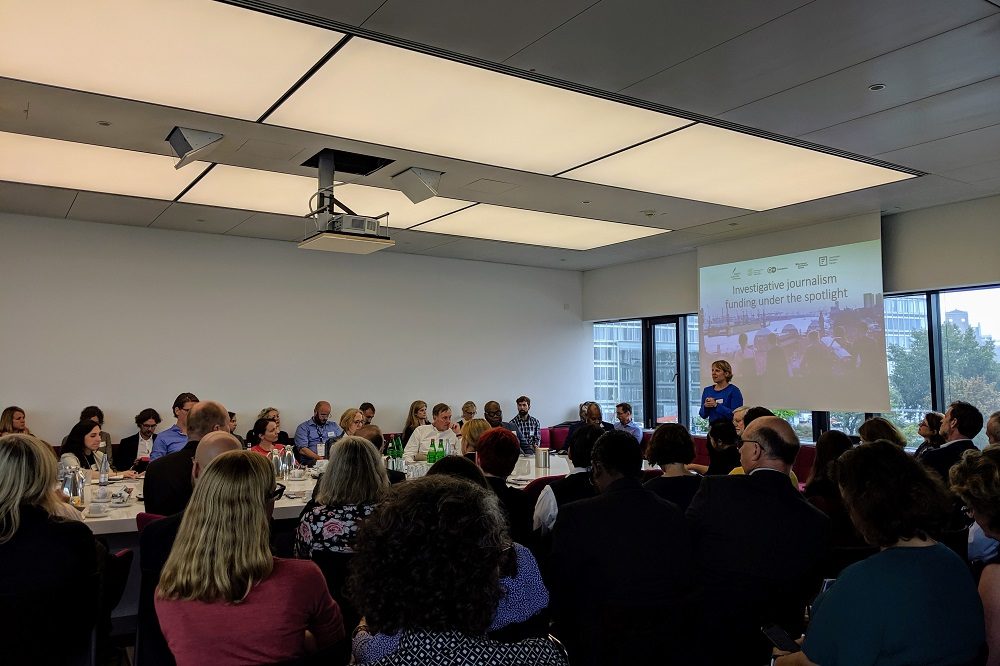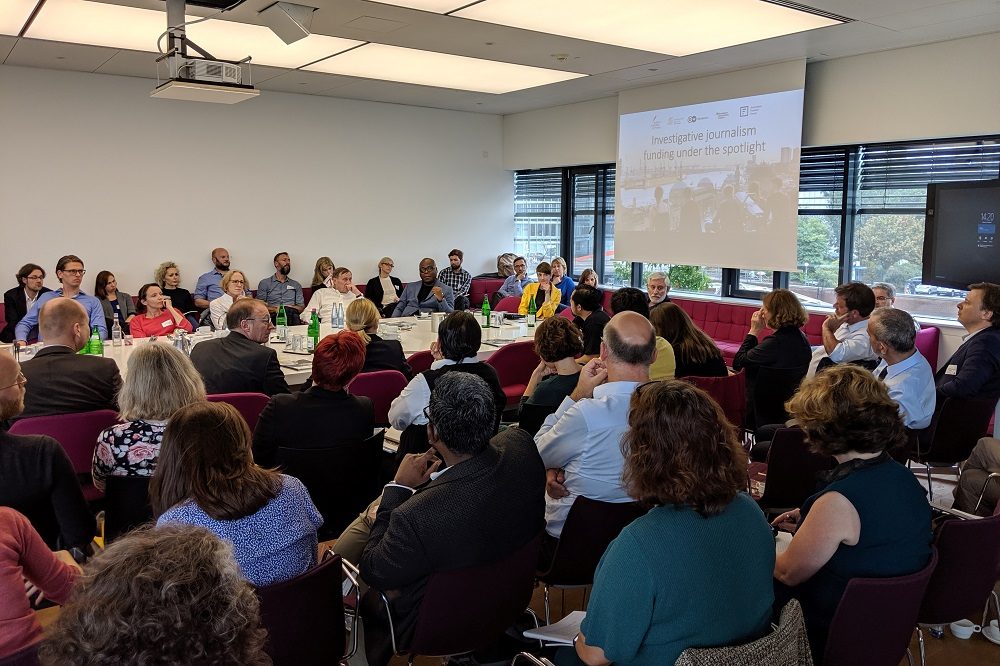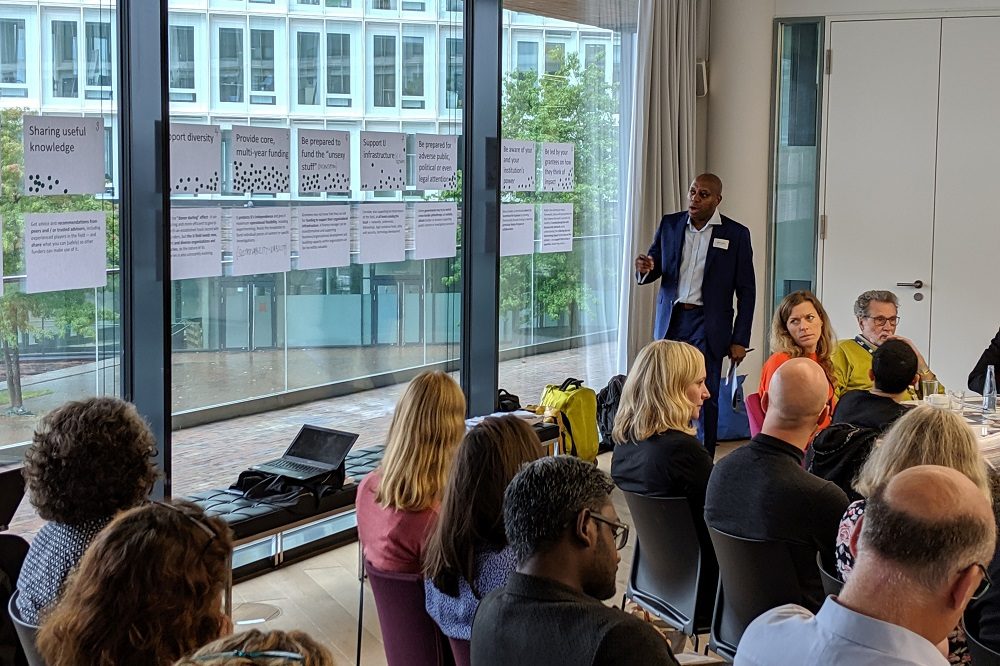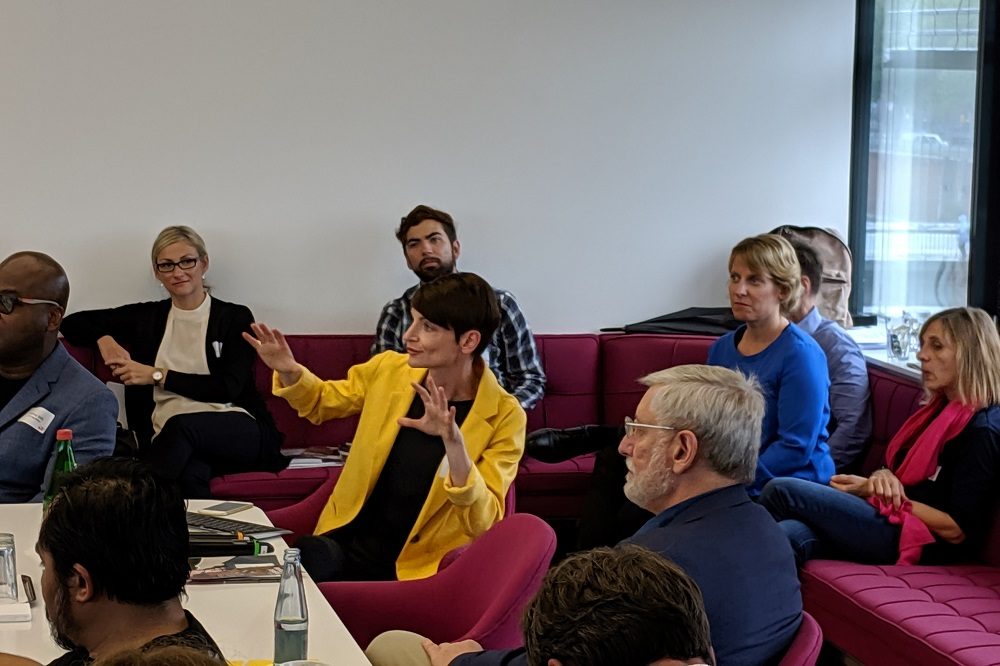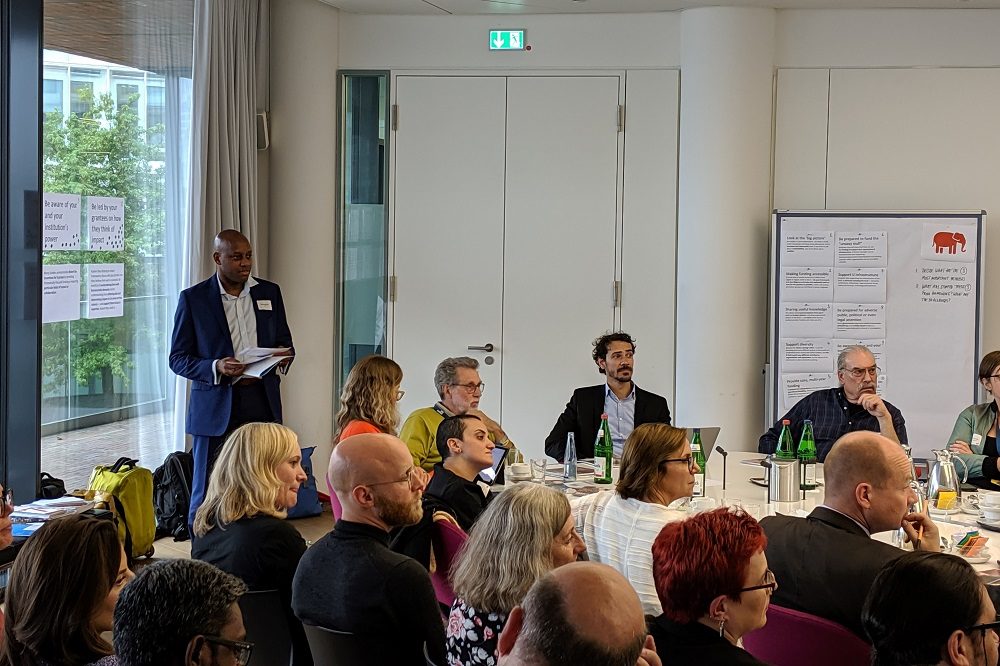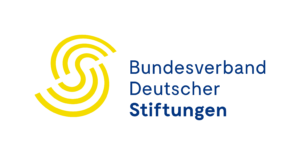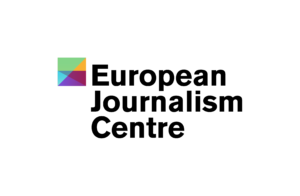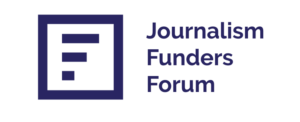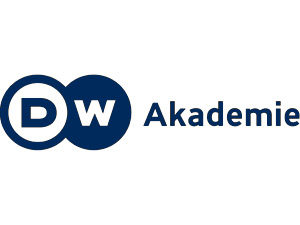On the pre-conference day of the Global Investigative Journalism Conference, the Rudolf Augstein Foundation hosted a funders event in support of investigative journalism with international donors in Hamburg.
Programme on 25 September 2019
Networking lunch
Investigative journalism funding under the spotlight – is it time for a new mindset?
Coffee break
International Fund for Investigative Reporting meeting
Session I: Investigative journalism funding under the spotlight
Rudolf Augstein Foundation, the European Journalism Centre’s Journalism Funders Forum, Deutsche Welle Akademie and the Expert Group for Quality Journalism in the Federal Association of German Foundations have joined forces to offer a workshop for current and future funders of investigative journalism.
On this occasion, Deutsche Welle Akademie published its new report, How to Fund Investigative Journalism. The report is based on interviews with experienced funders, investigative media outlets and academics from around the world. It presents best practices and highlights funding opportunities.
Field experts, such as editors and owners of investigative media outlets, also contributed their know-how.
This was an interactive workshop, where we discussed the following issues in small groups:
- Furthering your aim as a funder by supporting investigative journalism (IJ) – can it be done without compromising the independence – and security – of IJ organisations?
- What expectations of sustainability should donors have of IJ organisations?
- Is supporting IJ media in developing solid business models the silver bullet for ensuring their longevity and impact on society?
- Is it time for greater diversity within the IJ field – in terms of approaches, funding, gender, race/ethnicity?
Session II: International Fund for Investigative Reporting meeting
The Global Forum for Media Development chaired a working meeting on the potential establishment of an International Fund for Investigative Reporting as a follow up to the meeting organised in April at the International Journalism Festival in Perugia, Italy in cooperation with the Organized Crime and Corruption Reporting Project.
The meeting brought together key stakeholders from across the investigative journalism community, from journalism support and media development organisations, and from donors and funders with the aim of furthering the discussion related to the establishment of a basket fund for investigative journalism. As part of the meeting, the following issues were discussed:
- How can we access potential revenue streams for the fund?
- How can we identify target groups/potential beneficiaries and their needs?
- How can we establish new, or harness existing, mechanisms that would meet the proposed criteria for the purpose and the structure of the fund?
The meeting also included a presentation of progress made in different efforts currently underway to mobilise joint funding mechanisms for journalism internationally.
Contributors to Session I
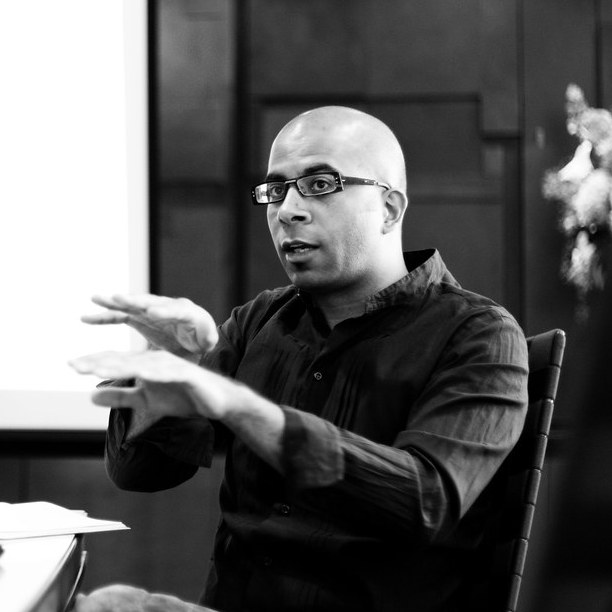
Sameer Padania
Speaker
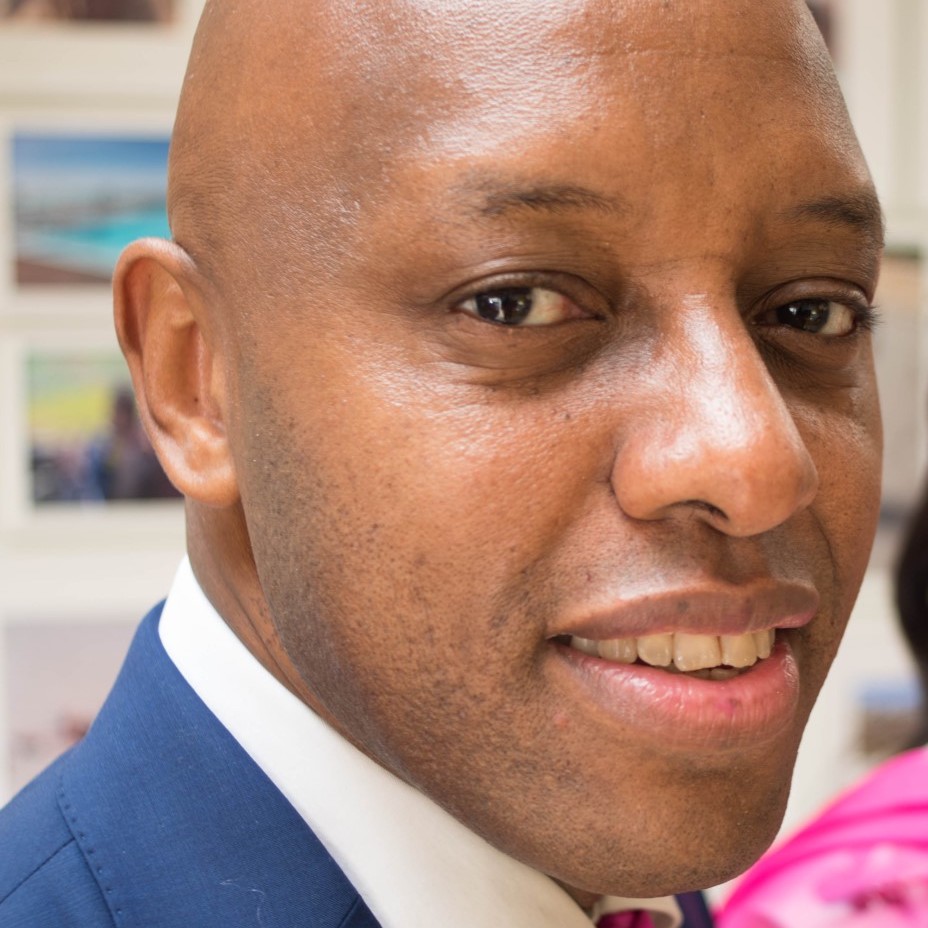
Richard Addy
Facilitator
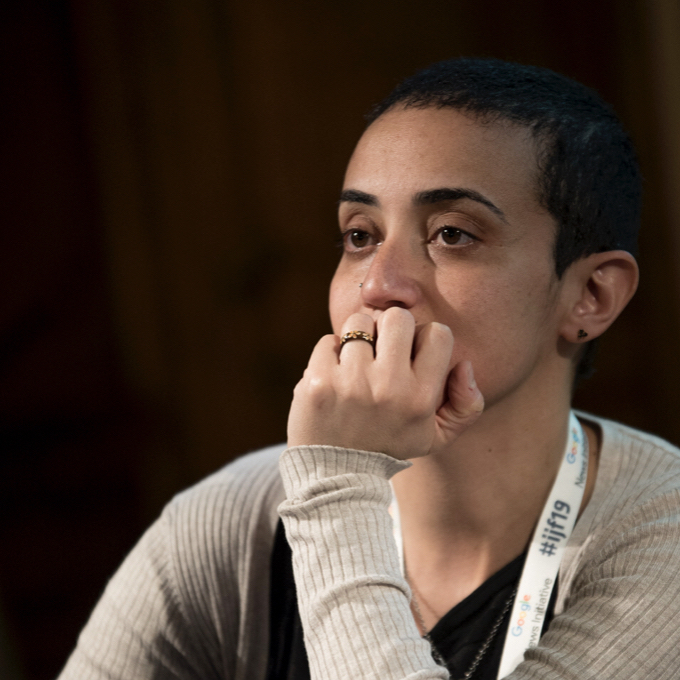
Lina Attalah
Field expert
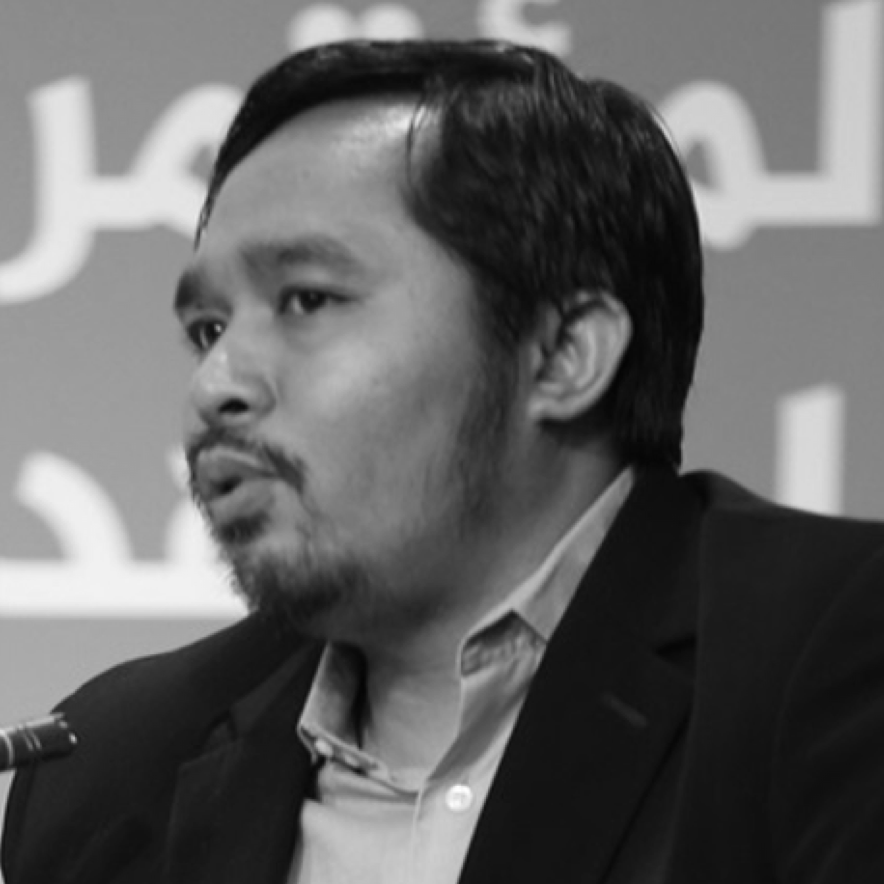
Wahyu Dhyatmika
Field expert
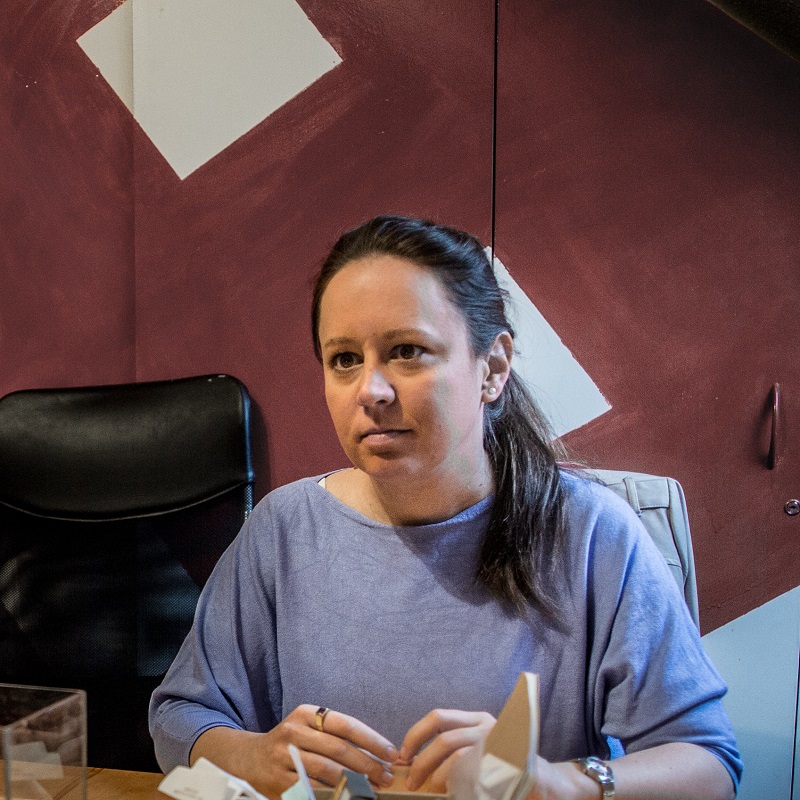
Anita Kömüves
Field expert
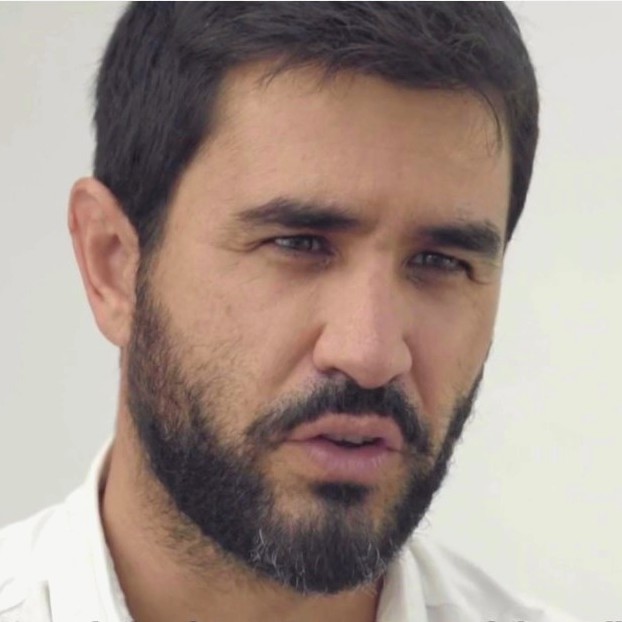
Enrique Naveda
Field expert
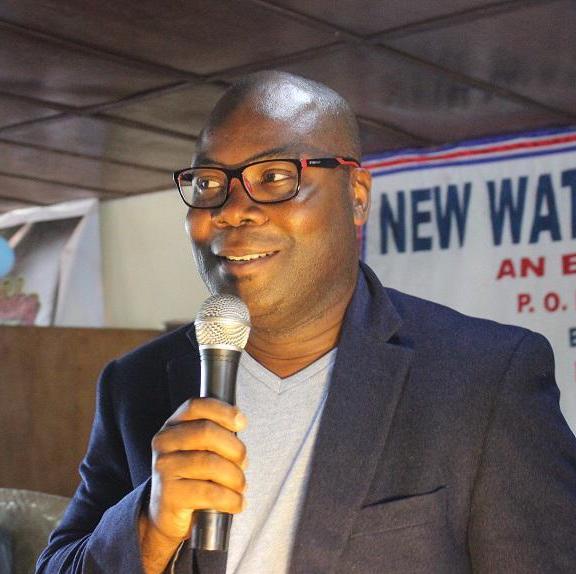
Rodney Sieh
Field expert
